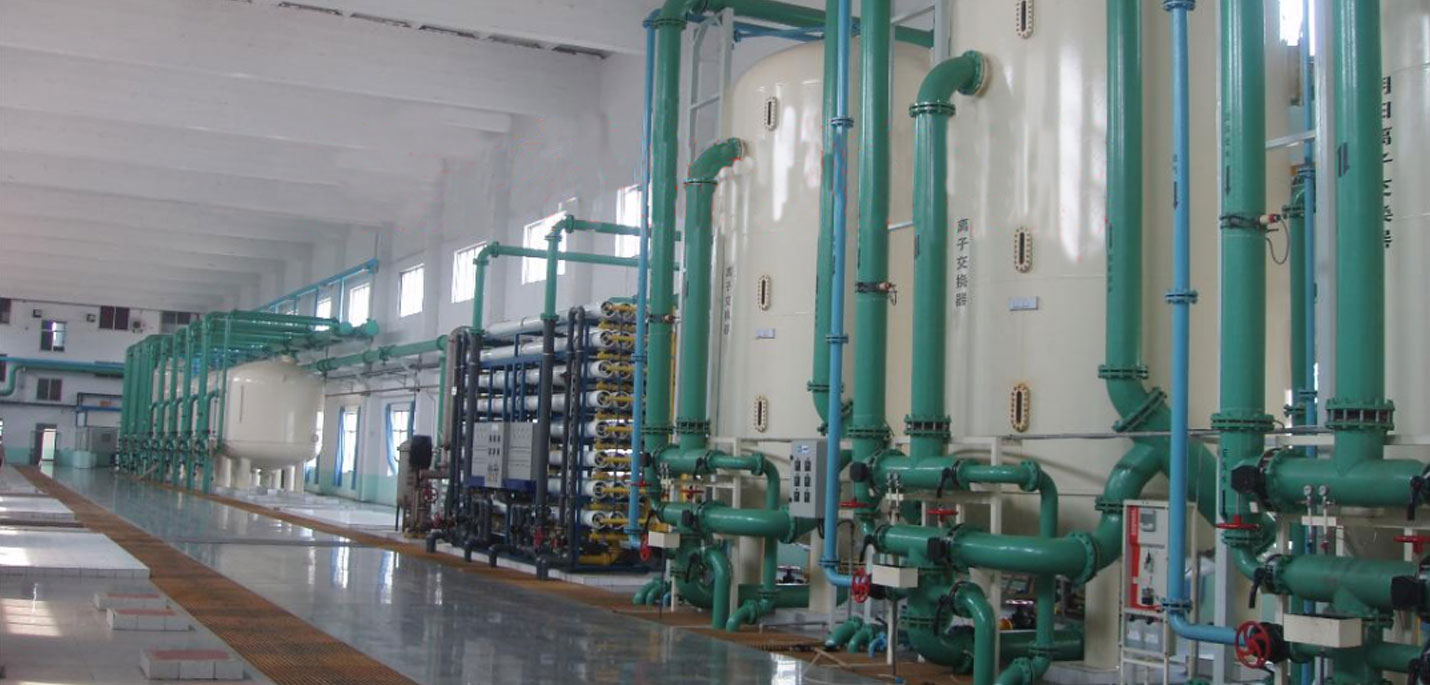
Online customer service for after-sales problems
Contact now
Provide project content that meets your needs
Apply Now
Submit your message
Collaborate now
 E-Mail:
dawatertreatment@gmail.com
E-Mail:
dawatertreatment@gmail.com
An industrial boiler is a heat exchange device that works by transferring the heat released when fuel is burned to water, thereby producing steam. Therefore, how the quality of water is related to the safe operation of the boiler, and the water treatment of the boiler is a major issue related to the overall situation. If the water treatment is not done well, it will cause scaling and corrosion of the boiler, which will not only waste fuel, but also easily cause accidents such as pipe blockage and pipe explosion. Therefore, oil and natural gas boilers must do a good job in boiler water treatment.

Impurities harmful to boilers in natural water and the purpose of boiler water treatment
There are often a large number of impurities in natural water, among which the main influences on the boiler are: suspended substances, colloidal substances and dissolved substances.
Suspended matter and cavity matter are composed of mud sand, animal and plant remains and some low molecular aggregates, etc., which are the main factors that make water turbid. If these impurities enter the ion exchanger, they will contaminate the exchange resin and affect the quality of the effluent water (such as directly entering the boiler, which will easily deteriorate the steam quality, and easily deposit into sludge, block the pipeline, and cause the metal to be damaged due to overheating. Suspended and colloidal substances can be removed by pretreatment methods.
Dissolved substances mainly refer to salts and certain gases dissolved in water. Natural water, even tap water that looks very pure, also contains various dissolved salts, including calcium and magnesium salts. That is, the hardness material is the main source of boiler scaling. Since scale is extremely harmful to boilers, removing hardness and preventing scaling is the primary task of boiler water treatment, which can be achieved by chemical treatment outside the boiler or chemical treatment inside the boiler.
Oxygen and carbon dioxide in the dissolved gas that affect the equipment of oil-fired and gas-fired boilers are mainly oxygen and carbon dioxide, which will cause oxygen corrosion and acid corrosion to the boiler. At the same time, oxygen and hydrogen ions are also a kind of depolarizer with great effect, which will accelerate electrochemical corrosion. It is one of the important factors for boiler corrosion.
Dissolved oxygen can be removed by deaerator or adding reducing drugs. For carbon dioxide, as long as the pot water is kept at a certain pH and alkalinity, its effect can be eliminated.
In addition, in some areas, the alkalinity of the water source is relatively high. After the oil-fired gas boiler is burned and heated and concentrated, the alkalinity of the boiler water will become higher and higher. After reaching a certain concentration, it will foam on the evaporation surface, which will affect the quality of steam. Under certain conditions, too high alkalinity will also cause alkaline corrosion such as caustic embrittlement at the stress concentration area. Therefore, alkali reduction treatment is required for water with high alkalinity. In addition, the content of dissolved solids is too high, which will also affect the quality of steam, and even cause co-evaporation of soda and water in severe cases. It should be controlled by reasonable sewage discharge.
In short, the purpose of boiler water treatment is to remove harmful impurities, prevent boiler scaling and corrosion, maintain good steam quality, and ensure safe and economical operation of boilers.
Reverse osmosis + mixed bed process
Ultrafiltration + reverse osmosis + mixed bed
Ultrafiltration+bipolar reverse osmosis+EDI